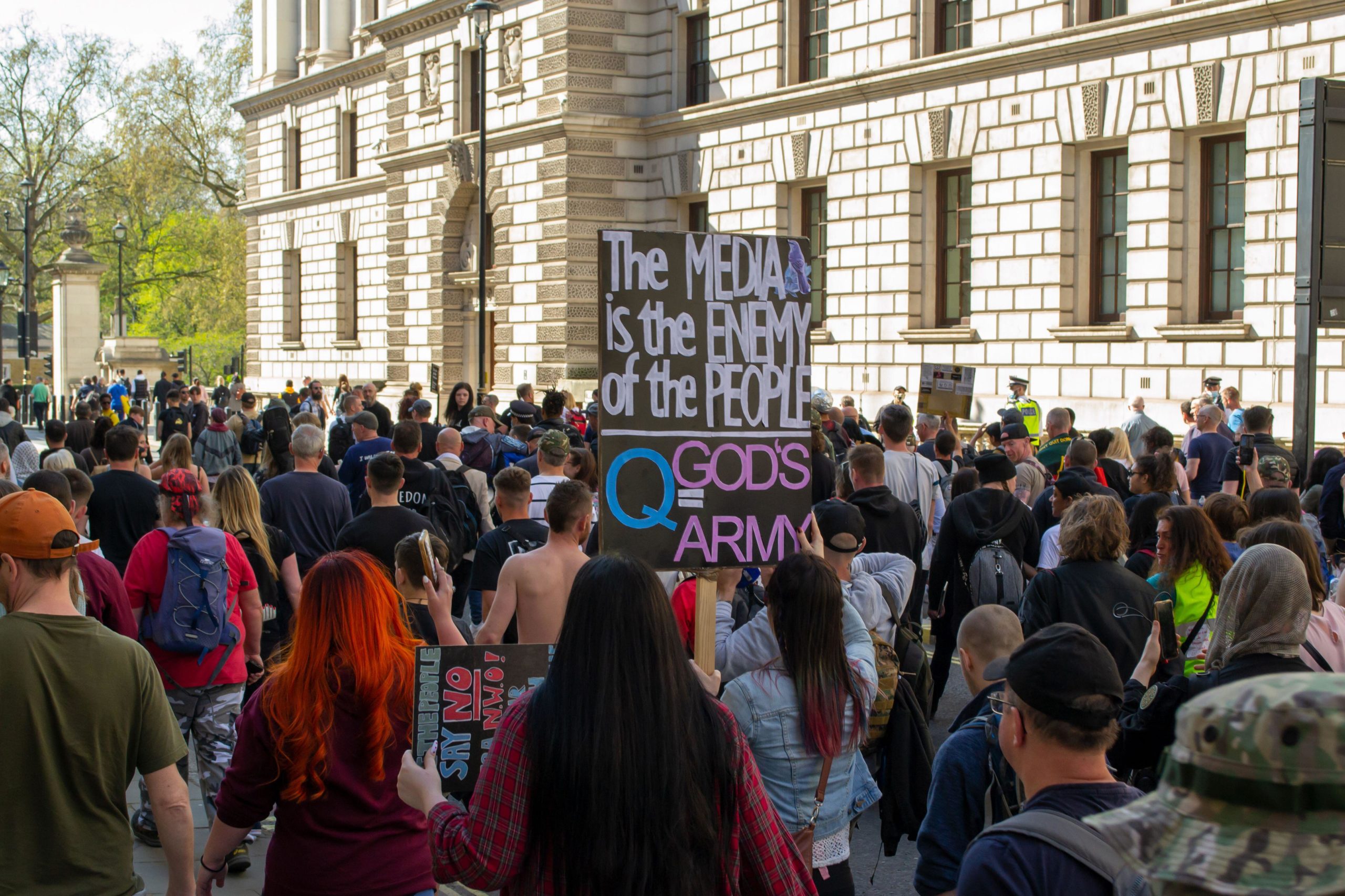The Global Reporting Centre and the Committee to Protect Journalists have now completed a global survey to investigate the effects of disinformation and harassment targeting journalists. Thank you to all participants. Further details are available below.
A study of disinformation and harassment targeting journalists
Journalists around the world face targeted efforts to undermine their reputations. These “credibility attacks” can take the form of false allegations, insults about their character or professionalism, or disparaging comments about their gender, race or ethnicity. They often take place online, and in some cases involve disinformation tactics such as doctored images or accusations spread by people using fake identities.
Some campaigns to discredit journalists have received public attention – from Maria Ressa in the Philippines to Ronan Farrow in the US to Patricia Campos Mello in Brazil.
But beyond these high-profile cases, how common are efforts to discredit journalists? What techniques are used? What impact do they have on journalists? How does this problem vary for journalists in different countries, or of different gender, race, ethnicity or professional role?
We will publish our findings and share them with journalists, news outlets, and organizations that support journalists, to help them understand and address this issue.
Frequently asked questions
Who is conducting this survey?
The survey is being conducted by researchers from the Global Reporting Centre at the University of British Columbia and The Disinformation Project at Simon Fraser University, working in collaboration with the Committee to Protect Journalists.The survey is part of a study called “Shooting the Messenger: Credibility Attacks Against Journalists.” The Principal Investigator is Professor Peter Klein (contact details below), and the lead researcher is postdoctoral fellow Chris Tenove.
Who do I contact if I have questions or concerns about the survey?
If you have questions or concerns please contact [email protected] or Professor Peter Klein, School of Journalism, Writing & Media at University of British Columbia.
Alternately, if you have any concerns about your rights as a research participant and/or your experiences while participating in this study, you may contact the Research Participant Complaint Line in the UBC Office of Research Ethics at 604-822-8598 or if long distance e-mail [email protected] or call toll free 1-877-822-8598.
This project was approved by the University of British Columbia’s Behavioral Research Ethics Board (project ID # H21-00414).
Who funds this study?
This research is being conducted with support from PEN Canada, Social Sciences and Humanities Research Council, and Canadian Heritage’s Digital Citizen Contribution Program.
What kinds of questions does the survey ask?
The survey asks whether and how often you have faced various types of harassment or attacks on your credibility, and the impact these experiences have on you personally and professionally. It asks you to assess anti-press sentiment in your country or region. The survey also requests some basic details about you (e.g. your gender) and your work as a journalist (e.g. how long you have worked as a journalist) – but no identifying details.
Will participants’ responses and identity be confidential?
All your survey responses will be anonymous. You can complete it without providing your name or any identifying details. We will not store any information about the device or IP address you are using to complete the survey.
After you have completed all survey questions, you will be given an option to provide your email address and the country you report on. You may voluntarily add those details or you may decline. Even if you share your email address, it will not be linked to your responses to the full survey, which will remain anonymous.
Qualtrics is being used to collect the survey data; its servers are located in Canada.
How will the survey results be used?
We will analyze survey responses to compare the forms, extent, and impacts of credibility attacks and harassment as they are experienced in different countries or regions, or by journalists with different roles or identities. We will only publicize aggregate results, and not details that would reveal the identity of individual respondents.
These results will be published as academic articles and as a public report by the Global Reporting Centre and the Committee to Protect Journalists.
Where can journalists go for resources to address credibility attacks and harassment?
- The Committee to Protect Journalists has recommendations for issues from stress and safety to secure online communication in the Journalist Security Guide (Español, Français, العربية, Русский, Somali, فارسی, Português, 中文,Türkçe, မြန်မာဘာသာ).
- For preparing for, preventing, and dealing with online harassment, see PEN America’s Online Harassment Field Manual.
- The International Press Institute has resources for building an effective protocol for newsrooms to address online harassment.
- The International Women’s Media Foundation and the International Center for Journalists provide resources at the Online Violence Response Hub.






